We are forging core infrastructure designed for high-capacity, signal-driven environments, facilitating autonomous, data-intensive applications across DeFi, Prediction Markets, and AgentFi domains.
See Our Products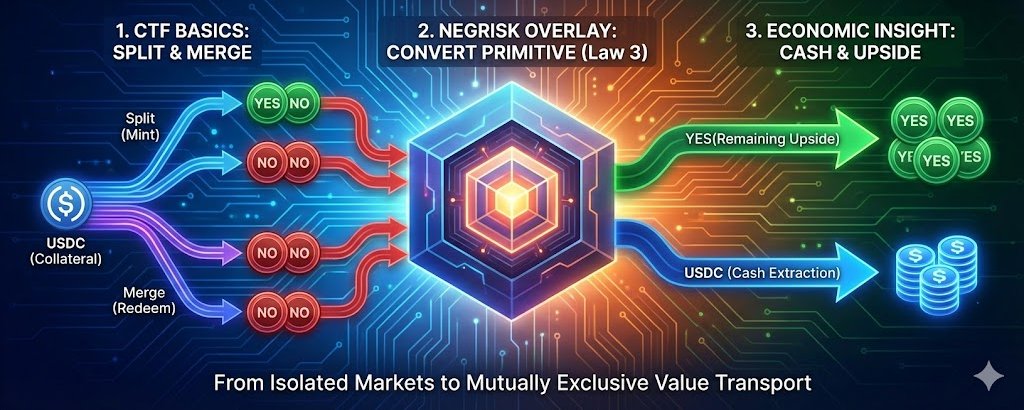
Building a Polymarket Bot, Part 5
Part 5 of the ZEIT Finance series. Understand the three Laws of Motion that govern NegRisk markets: Split, Merge, and Convert. Learn how to safely transform NO shares into YES shares plus cash, and discover the hidden trap of invisible 'Other' outcomes.
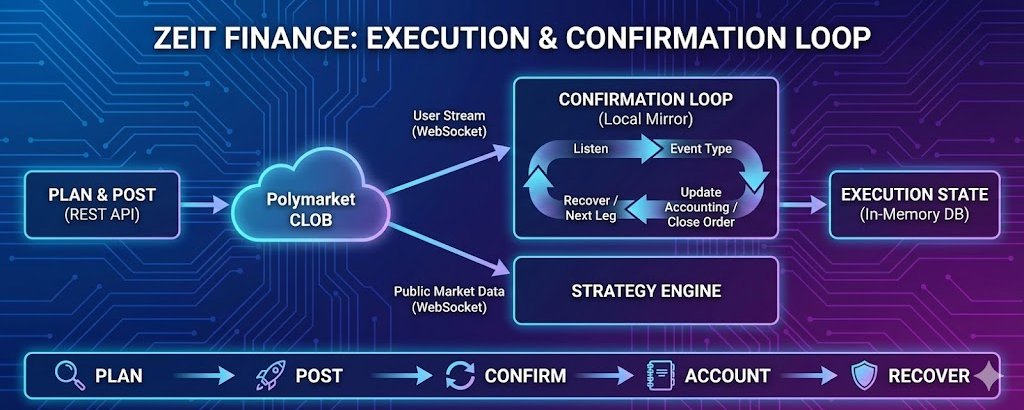
Building a Polymarket Bot, Part 4
Part 4 of the ZEIT Finance series. Learn why posting orders is easy but knowing what actually filled is the real work. Master the Confirmation Loop: Plan, Post, Confirm, Account, Recover. Understand FOK vs FAK vs GTC, the User Stream, and how to avoid phantom fills.
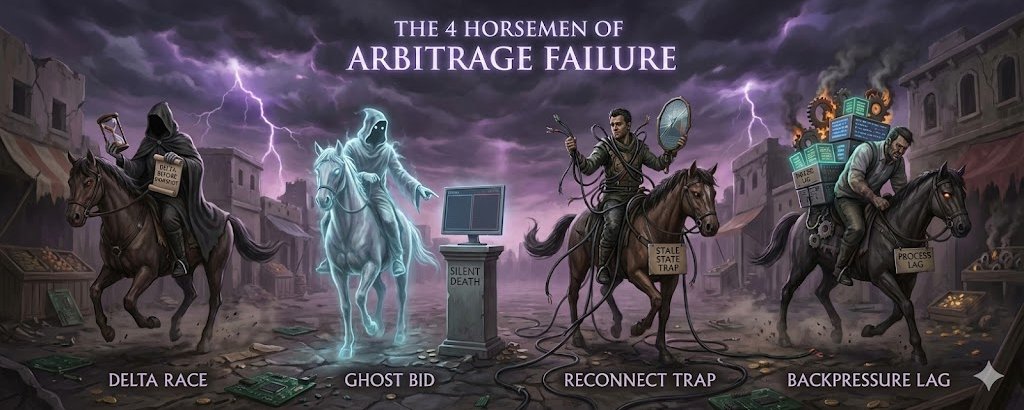
Building a Polymarket Bot, Part 3
Part 3 of the ZEIT Finance series. Learn why WebSockets look deceptively simple but fail in production. Master the Local Mirror architecture: a resilient, self-healing, in-memory order book your strategies can actually trust.
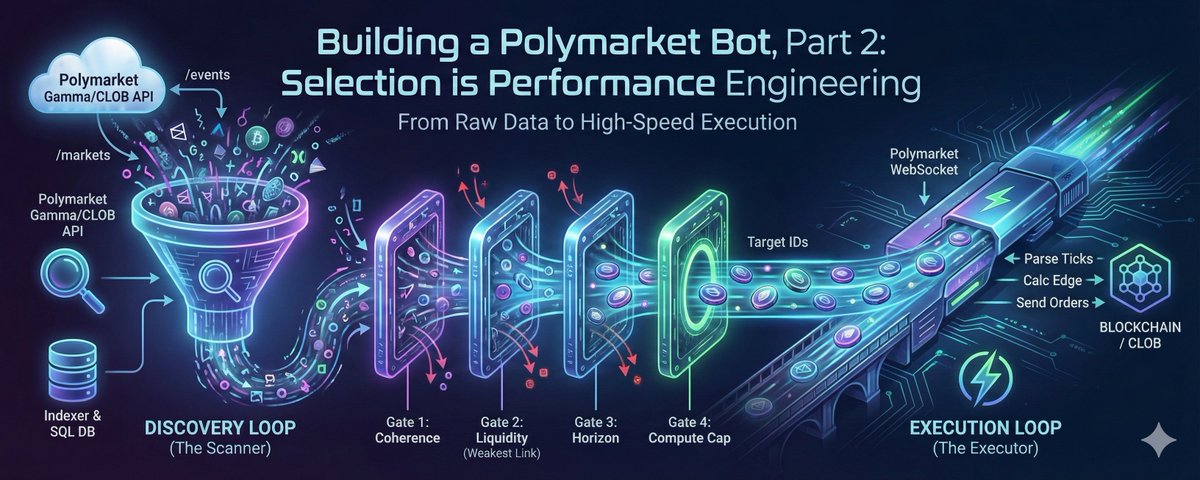
Building a Polymarket Bot, Part 2
Part 2 of the ZEIT Finance series. Learn why market selection is a hard dependency for performance engineering. Discover the Scanner vs Executor architecture, custom indexing strategies, and the 4-Gate filtering framework for high-frequency trading bots.

Building a Polymarket Bot
Part 1 of the ZEIT Finance series on building Polymarket trading bots. Learn why paper edge dies during execution, understand the hybrid CLOB architecture, tick grids, minimum sizes, and execution risk. Before you can exploit arbitrage opportunities, you must understand the venue's microstructure constraints.
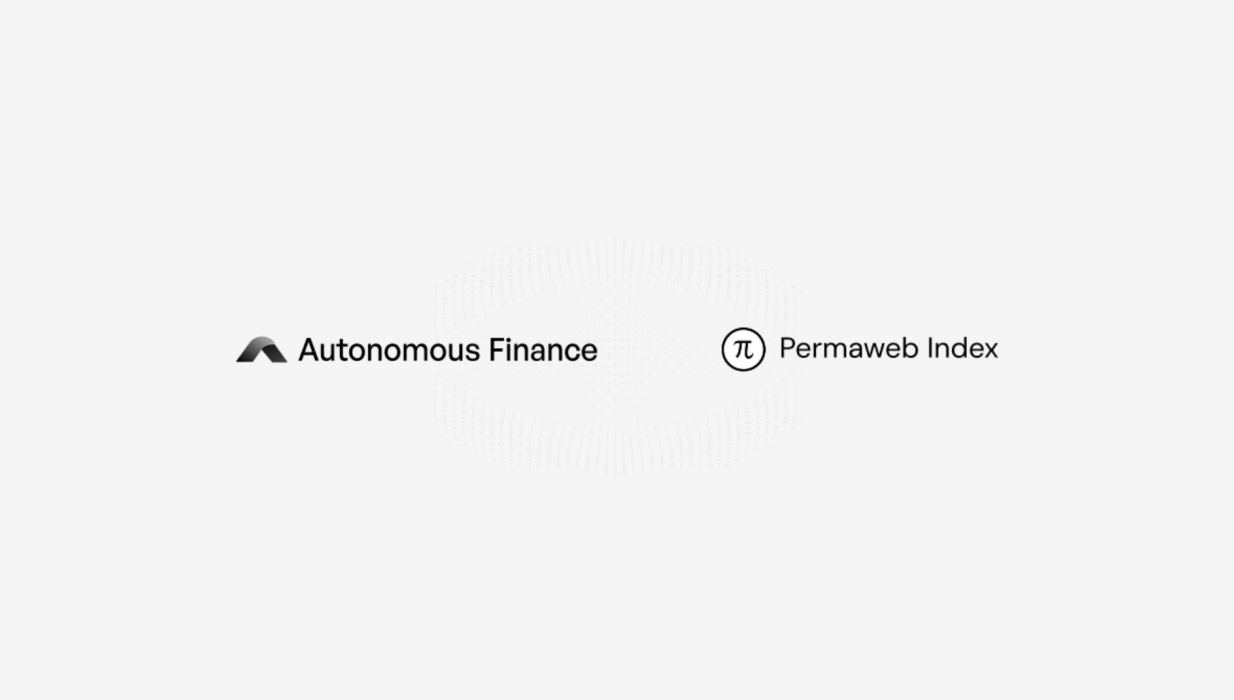
Permaweb Index (PI) Token Goes Live on Pi Day: A New Era for Fair Launch Support
The Permaweb Index (PI) token is launching on March 14th (Pi Day), introducing a revolutionary support model built on fairness, transparency, and community-driven participation---core principles that cryptocurrency was founded to uphold.

CoinBurn
CoinBurn is a streamlined utility that tracks tokens sent to the designated burn address (0000000000000000000000000000000000000000000), permanently removing them from circulation. It provides a transparent, user-friendly way to monitor burned tokens. Simply enter a contract address into the CoinBurner interface to quickly view the total number of burned assets—eliminating the need to sift through extensive transaction histories. Additionally, CoinBurn offers a minimalistic frontend for users to burn tokens directly by sending them to the burn address.

Botega
Botega is a cutting-edge decentralized exchange (DEX) designed to prioritize and integrate autonomous agents as first-class participants. Botega is fully decentralized and permissionless. The frontend is simply client code deployed to the permanent storage on Arweave, while the execution logic is handled by AO processes. Botega supports sophisticated order types including trailing stop loss, dollar-cost averaging (DCA), limit orders, and more, each functioning as independent processes structured as simple autonomous agents. Additionally, Botega's AMMs (Automated Market Makers) are architected as autonomous agents, enabling dynamic and flexible liquidity reallocation.

AO Tooling: Teal
In this video, we introduce Teal, a typed version of Lua similar to TypeScript for JavaScript, offering type annotations for secure coding. We cover the basics of typed Lua and show you how to maximize its features. Additionally, we'll discuss a biginteger implementation by the Autonomous Finance Team for precise and secure handling of large numbers in critical applications.

AO Tooling: AOForm
In this video, we explore AOForm, a tool for deploying and upgrading multiprocess systems in the AO ecosystem. Like Terraform, AOForm uses a single config file to simplify deployments. We'll show how it manages deployment states and efficiently upgrades components, making it essential for optimizing workflows and maintaining infrastructure.

CoinMaker
CoinMaker is a user-friendly platform that simplifies the creation and deployment of token assets within the AO ecosystem. With CoinMaker, token creation is code-free, fast, and comes with a variety of customizable features. Tokens generated through CoinMaker are fully verifiable on-chain, ensuring transparency and security. All coins that complete their bonding curve will migrate directly to the Botega AMM, instantly providing liquidity.

AO Package: Subscribable
In this video, we dive into the "Subscribable" package for AO, a crucial concept in the AO ecosystem. This package lets you subscribe to data and message streams from other processes, enabling event-driven architecture in distributed systems. It's essential for building low-latency, critical infrastructure and can also be used for streaming events on AO. We'll demonstrate how to use it across multiple processes, explain its anti-spam features, and explore how you can potentially monetize your data between processes.

AO Tooling: Testing
In this video, we dive into testing processes and smart contracts on AO. We'll walk you through a framework we developed to make unit and mock-based testing easier. You'll see how we test an agent-based system with multiple processes and perform unit tests within a single process.

AO Package: Ownable
In this video, we explore the "Ownable" package for the AO platform, written in Lua. Similar to OpenZeppelin's Ownable, this package provides fine-grained control for AO processes and handlers. We'll show you how to implement it to enhance security and ownership management in your AO applications.

Dexi: Decentralized Autonomous Financial Data Network
Dexi autonomously identifies, collects, and aggregates financial data from events within the AO network, including asset prices, token swaps, liquidity fluctuations, and token asset characteristics. Built on a network of autonomous agents and responsive components, Dexi’s terminal is permissionlessly hosted on Arweave. It caters to both end-users via dexi.arweave.net and AO apps that leverage Dexi data via message based interactions. Dexi's data subscription service, which removes the need for an external oracle and opens new revenue streams for developers of data-rich apps on AO.

Autonomous DCA Agent
The Autonomous DCA Agent executes a dynamic dollar-cost-average (DCA) investment strategy across various liquidity pools within the AO ecosystem. It automatically buys a base token at predetermined, user-configurable intervals using a consistent amount of a quote token for each transaction. The agent runs autonomously without off-chain signals or human intervention. In combination with its frontend on the Permaweb, it represents the first fully decentralized and uncensorable AgentFi application. As a Blueprint Implementation, the DCA Agent demonstrates the functionality and serves as a foundation for builders in the AO community.

Autonomous Finance
Autonomous Finance is focused on research and development of AI-powered financial applications built on AO, the hyper parallel computer. We utilize AO’s decentralized compute environment to integrate AI onchain and generate new data-driven financial primitives to push the boundaries of what’s possible with financial applications and introduce global market intelligence onchain.
AO Link
ao.link serves as a message explorer for the ao Network, offering functionalities similar to block explorers in conventional blockchain systems. It includes message compute capabilities, graphical visualization of message links for clarity, real-time message streaming for up-to-date information, and a list of linked messages for organized navigation. Users can also view their token balances and messages inboxes. This tool provides a professional and efficient way to interact with and analyze the ao Network's structure and activity.

DataOS
DataOS is a ContentFi protocol developed atop the AO Network, leveraging it for computing power and Arweave for data storage, creating a synergistic foundation for its operations. DataOS employs autonomous AI agents to source and regenerate content derivatives, aiming to foster engagement and fulfill the intent of consumers. Through this innovative approach, DataOS not only enhances content relevance and accessibility but also establishes a rewarding mechanism for content creators.

What is ao?
ao combines blockchain's trust minimization with the speed and scalability of traditional computing environments, offering a decentralized platform for independent processes like websites or servers to communicate securely. Its architecture allows for hyper-parallel processing, autonomous operations, and a flexible computing environment, distinguishing it from traditional blockchains by its modular design, independence from a shared global state, and scalability. ao leverages Arweave for persistent, transparent, and verifiable data storage, enabling...

Dexi
Dexi autonomously identifies, collects, and aggregates real-time financial data from various events within the AO network. This data includes asset prices, token swaps, liquidity fluctuations, and token asset characteristics, such as smart contract details. Dexi is composed of a network of data aggregation agents that monitor and relay asset data.